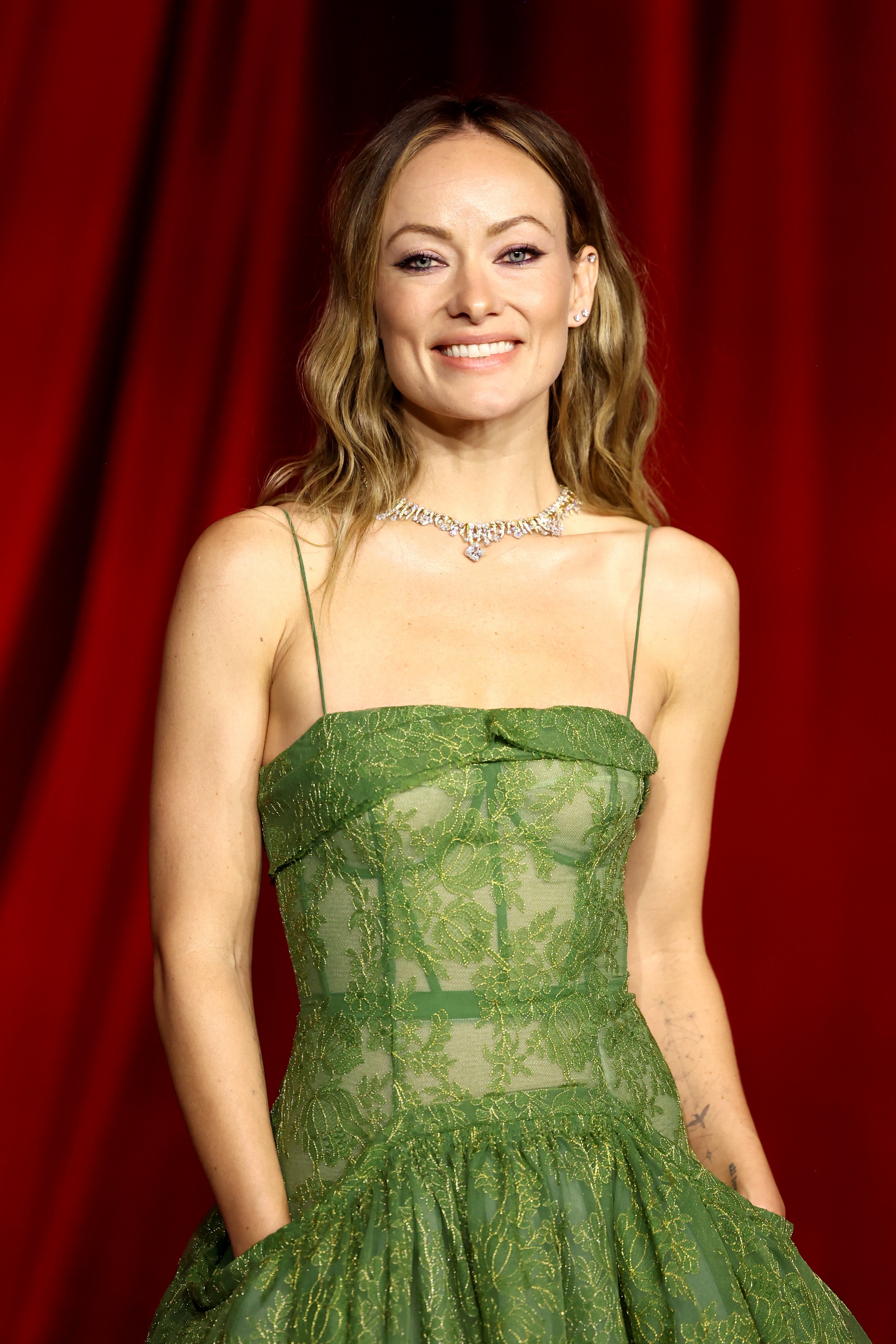Olivia Wilde says she received ‘insane death threats’ while filming House
Wilde played Dr. Remy ‘Thirteen’ Hadley on the medical drama series from 2007 to 2012
Olivia Wilde has revealed that she received “insane death threats” while filming the TV series House, which she was on for five seasons.
The 40-year-old actor opened up about the start of her career while speaking at the Red Sea International Film Festival in Saudi Arabia on December 8, as reported by Variety. She discussed playing Dr. Remy “Thirteen” Hadley in the hit medical drama series, which she was featured on from 2007 to 2012.
In the fifth and sixth seasons of the show, Remy was dating Dr. Eric Foreman, played by Omar Epps. However, according to Wilde, there was a lot of criticism over the fact that her character was with a Black man.
During the film festival, she said that when she was filming the storyline about Remy’s interracial relationship, there were “insane death threats constantly coming into the studios.” As a result, the studio hired extra security.
Wilde also acknowledged that her character in House was bisexual, which was considered to be a big deal at the time.
“Seeing what’s on television now, if you watch Euphoria, the fact that my character was shocking and groundbreaking then, it’s like, no, it’s nothing,” she explained.
The Don’t Worry Darling director previously opened up about the negative reactions towards Remy being in an interracial relationship. In a 2011 interview with Cosmopolitan, she said the program received a lot of backlash for a scene where Remy and Eric kissed.

“We got a lot of hate mail for that,” she said at the time, per the New Zealand Herald. “There are racist people out there. We got hate mail that said that someone wanted to cut off my lips and kill me. We had extra security on set for a while.”
House came to an end in 2012 after eight years on the air. The program was featured in the Guinness World Records in 2012, when it was named the world’s most popular current television program. It was watched by 81.8 million people in 66 countries at the time.
During Wilde’s appearance at the Red Sea International Film Festival, she opened up about transitioning from the acting to the directing world. She also spoke about working in an industry filled with male directors, saying that “movies directed by women don’t make less money.”
“It’s not the audience’s problem. It’s the financiers, it’s the studios. They need to take what they perceive as a risk,” she said.
The Tron: Legacy star shared her advice to young women interested in working entertainment industry, explaining that she wants them to know “they are allowed to take up space” in these fields.
“It’s difficult to run a production, and it’s difficult for men too. But as women, we’re sort of told that we should, in many ways, constantly apologize for our existence. And as a director, you can’t do that,” she added. “I think that it’s about shifting the way that we raise women to consider how they should behave and to encourage that kind of fearlessness.”
Join our commenting forum
Join thought-provoking conversations, follow other Independent readers and see their replies
Comments
Bookmark popover
Removed from bookmarks